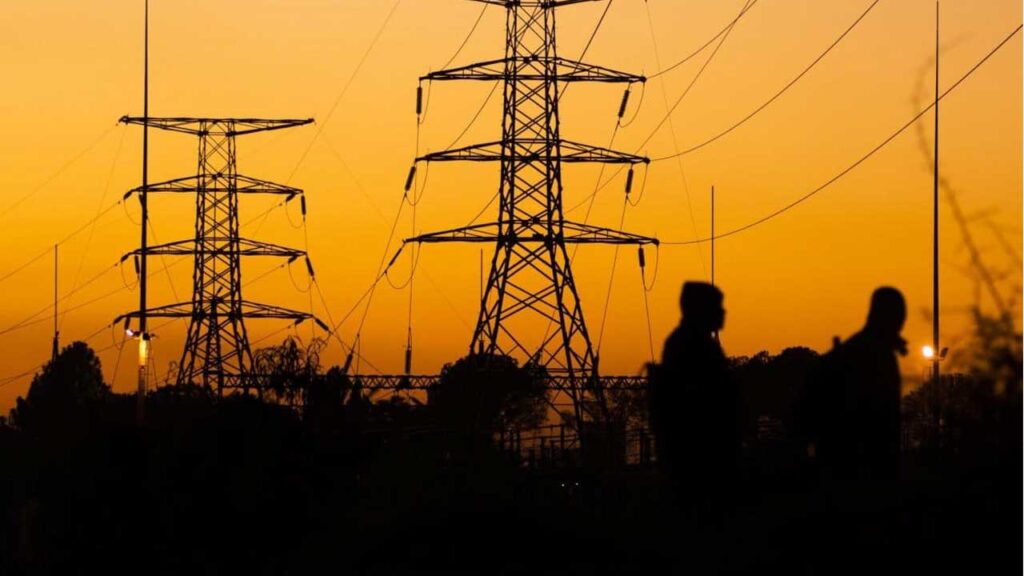
Emerging developments in the global electricity sector should force the Nigerian government to change extant policies, standards, laws and training curricula, some stakeholders have said.
While Nigeria relies mostly on hydrocarbons, energy transition, energy technology, and hydrogen among others are changing the power sector even as renewables are expected to lead power generation and reach 80 to 90 per cent in 2050.
Players in the power sector in Nigerian at a one-day workshop in Abuja organised by the National Power Training Institute of Nigeria (NAPTIN), noted that challenges posed by emerging technologies require continual review of the existing policies, laws, standards and regulations as well as updating training curricula to accommodate new developments for optimum performance and quality service delivery across the sector.
The stakeholders, including the Permanent Secretary, Federal Ministry of Power, Mamudah Mamman, NAPTIN’s Director-General, Ahmed Nagode and the General Manager of Nigerian Electricity Management Services Agency (NEMSA), Aliyu Tahir insisted that there is a need to bring together, all stakeholders in the Nigerian Electricity Supply Industry (NESI) to deliberate on collaborative strategies to enhance the sustainability of the power sector through stakeholder engagement, human capacity development, and skills acquisition.
With the capacity gap in the power sector, the stakeholders agreed that NAPTIN plays a crucial role in building a skilled workforce, promoting best practices, fostering innovation and supporting the overall growth and sustainability of Nigeria’s electricity supply industry therefore effective implementation of the role of the NAPTIN as enshrined in the Electricity Act remained germane.
The players also noted that there is a need to promote skills acquisition at all segments and levels in NESI as they demanded the full implementation of the National Skills Qualifications (NSQ), especially as approved by the National Council on Establishments (NCE).
The stakeholders insisted that there is an equal need for all the organisations across NESI to take the issue of training more seriously.
The experts are also calling for strategic collaboration, especially between NEMSA and NAPTIN for the training and retraining of Power Sector Personnel while stressing the need to develop a robust curriculum from the handbooks on the Nigerian Electrical Installation and Construction Guideline Manual for training and retraining of Certified Electrical Personnel in Nigeria with the sole aim of addressing identified skills gaps in the Sector.
According to them, the viability of the power sector is dependent on skills acquisition and continuous upskilling, adding that leveraging national and international expertise would elevate the standards of training and development to propel the NESI forward.













